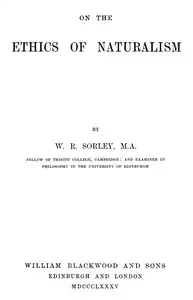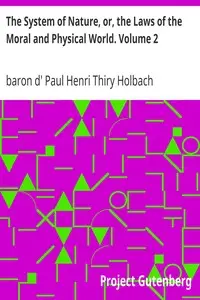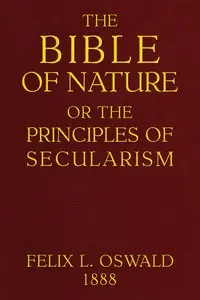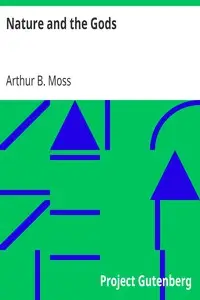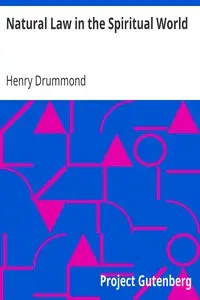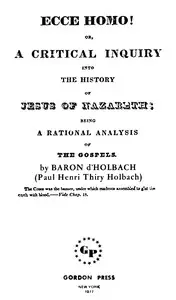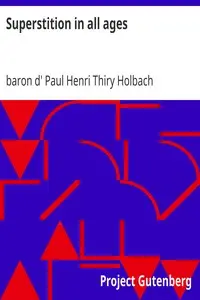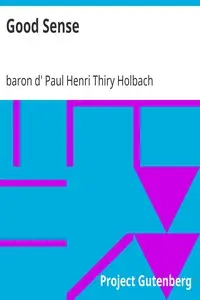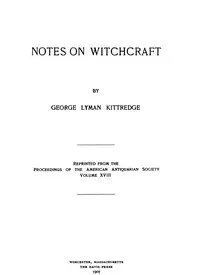"The System of Nature, or, the Laws of the Moral and Physical World. Volume 1" by Paul Henri Thiry Holbach is a philosophical work from the 1700s. It argues that everything, including humans, is part of nature and follows its rules. The book suggests people should use reason and observation instead of myths or religion to understand the world. Holbach criticizes people for believing in things without proof and encourages them to study nature to find out how to be good and happy. The book refutes the existence of gods; instead, it highlights natural law as the key to understanding what people want and how they behave.
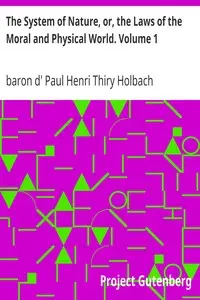
The System of Nature, or, the Laws of the Moral and Physical World. Volume 1
By Paul Henri Thiry Holbach
Rejecting the supernatural, this book explores how nature's laws govern morality, urging readers to find reason and happiness in the physical world.
Summary
About the AuthorPaul-Henri Thiry, Baron d'Holbach, known as d'Holbach, was a Franco-German philosopher, encyclopedist and writer, who was a prominent figure in the French Enlightenment. He was born Paul Heinrich Dietrich in Edesheim, near Landau in the Rhenish Palatinate, but lived and worked mainly in Paris, where he kept a salon. He helped in the dissemination of "Protestant and especially German thought", particularly in the field of the sciences, but was best known for his atheism, and for his voluminous writings against religion, the most famous of them being The System of Nature (1770) and The Universal Morality (1776).
Paul-Henri Thiry, Baron d'Holbach, known as d'Holbach, was a Franco-German philosopher, encyclopedist and writer, who was a prominent figure in the French Enlightenment. He was born Paul Heinrich Dietrich in Edesheim, near Landau in the Rhenish Palatinate, but lived and worked mainly in Paris, where he kept a salon. He helped in the dissemination of "Protestant and especially German thought", particularly in the field of the sciences, but was best known for his atheism, and for his voluminous writings against religion, the most famous of them being The System of Nature (1770) and The Universal Morality (1776).

